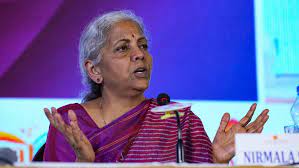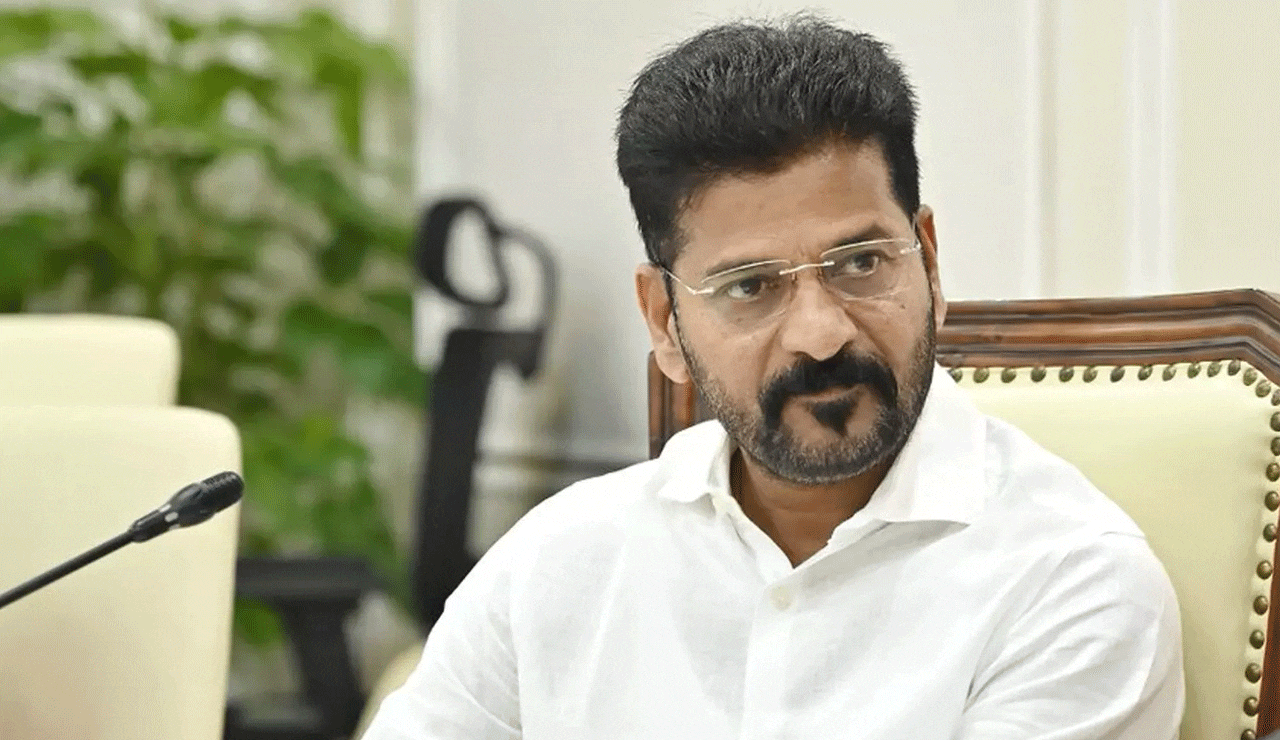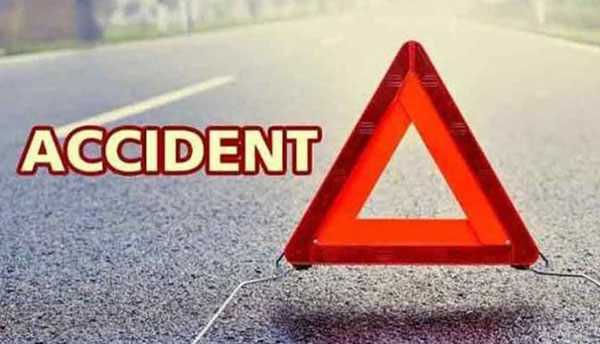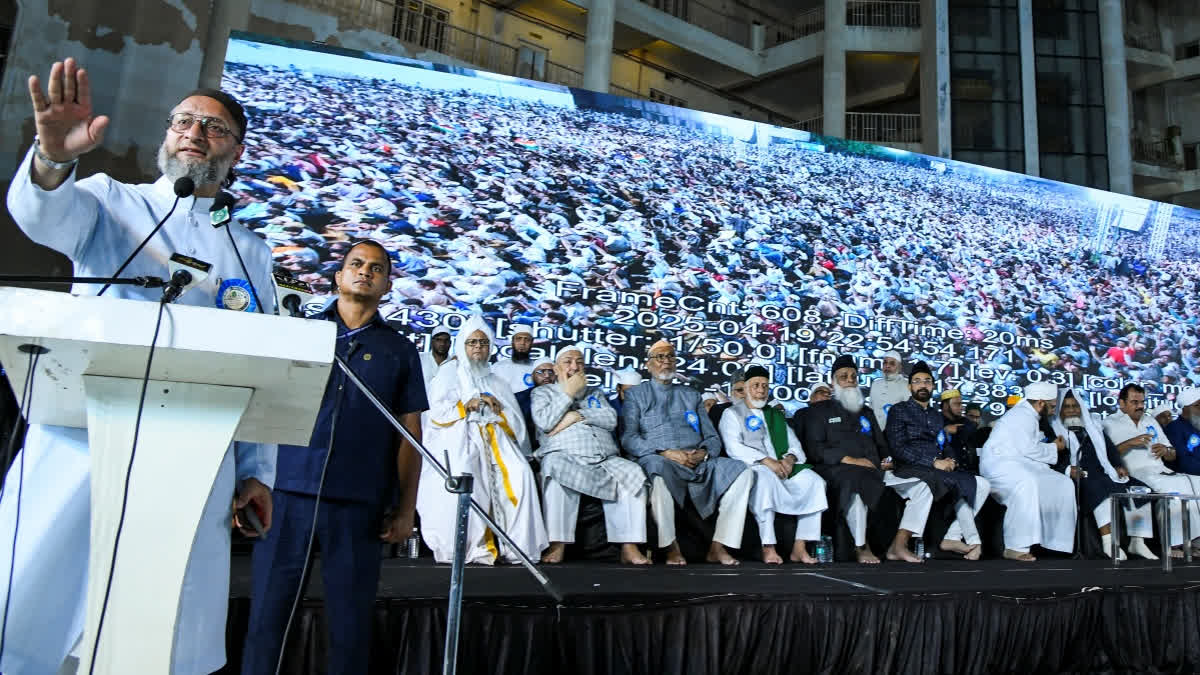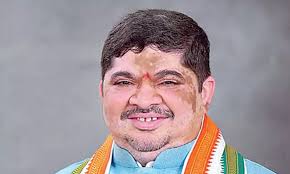Russian President Putin hails Russia-Turkey ties as he hosts Syria talks
Sat 11 Mar 2017, 21:53:02
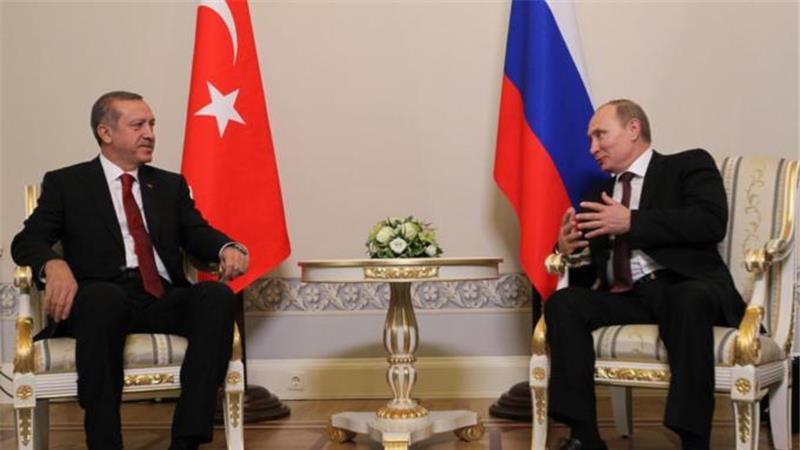
MOSCOW: President Vladimir Putin hailed close ties between the Russian and Turkey militaries as he welcomed Turkish counterpart Recep Tayyip Erdogan for Friday's talks focusing on Syria.
Russia and Turkey co-brokered a cease-fire in December that helped reduce the scale of fighting between Syrian President Bashar Assad and the opposition, and they also co-sponsored two rounds of talks this year between Assad's government and its foes. A third round is set for next week.
Russia and Turkey also coordinated their operations against the Islamic State group in Syria. A Russian air raid last month accidentally killed three Turkish soldiers, but the incident didn't derail the military coordination.
"We are actively working to solve the most acute crises, first of all in Syria," Putin said as he greeted Erdogan at the start of the talks in the Kremlin. "I'm very pleased to note, and few seemed to expect it, that our military and special services have established such efficient and close contact."
Earlier this week, the chief military officers from Russia, the U.S. and Turkey met in the Turkish city of Antalya in an apparent attempt to work out additional steps to prevent incidents. The talks also focused on how to help assuage mutual mistrust between Turkish-backed Syrian opposition forces, U.S.-backed Kurdish forces, and Russian-allied Syrian government forces all fighting their way toward IS' de facto capital, Raqqa.
Putin scheduled a meeting of his Security Council including top military and intelligence officials later Friday to follow the talks with Erdogan.
The increasingly close cooperation on Syria between Russia and Turkey marked a sharp
turnaround for the two nations, which have backed opposing sides in Syria, with Moscow siding with Assad and Turkey supporting his foes since the start of the Syrian conflict six years ago.
turnaround for the two nations, which have backed opposing sides in Syria, with Moscow siding with Assad and Turkey supporting his foes since the start of the Syrian conflict six years ago.
The conflicting interests led to the downing of a Russian warplane by a Turkish jet at the Syrian border in November 2015, which put the two nations on the verge of a direct military conflict. Moscow responded by barring the sales of package tours to Turkey and halting imports of agricultural products, moves that badly squeezed the Turkish economy.
Erdogan's apologies for downing the plane helped rebuild ties, and Putin offered firm support to the Turkish leader in the wake of a botched coup last July.
Despite the rapprochement, Russia has moved gradually to lift economic restrictions, keeping some in place as an apparent motivator for Turkey. On the eve of the Kremlin talks, the Russian Cabinet allowed the imports of Turkish cauliflower and broccoli and a couple of other agricultural products.
"We are pleased to see our ties recovering at a quick tempo," Putin said.
Erdogan, who called the Russian leader his "dear friend," urged Russia to lift all restrictions against Turkish business, restore visa-free travel and increase the number of commercial flights between the two countries.
During the Kremlin talks, he noted that cooperation in building a prospective Russian natural gas pipeline and a nuclear power plant in Turkey also have regained pace. Both projects were put on hold amid the tensions following the Russian plane's downing.
Reaching out to Russia, Erdogan also voiced interest in developing cooperation in defense industries.
No Comments For This Post, Be first to write a Comment.
Most viewed from International
Most viewed from World
AIMIM News
Latest Urdu News
Most Viewed
May 26, 2020
Do you think Canada-India relations will improve under New PM Mark Carney?
Latest Videos View All
Like Us
Home
About Us
Advertise With Us
All Polls
Epaper Archives
Privacy Policy
Contact Us
Download Etemaad App
© 2025 Etemaad Daily News, All Rights Reserved.

.jpg)
.jpg)
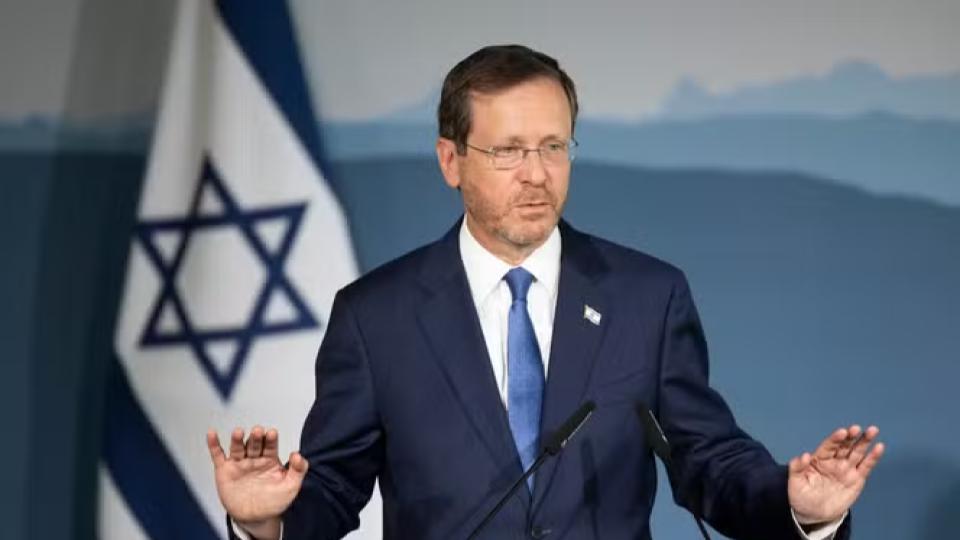
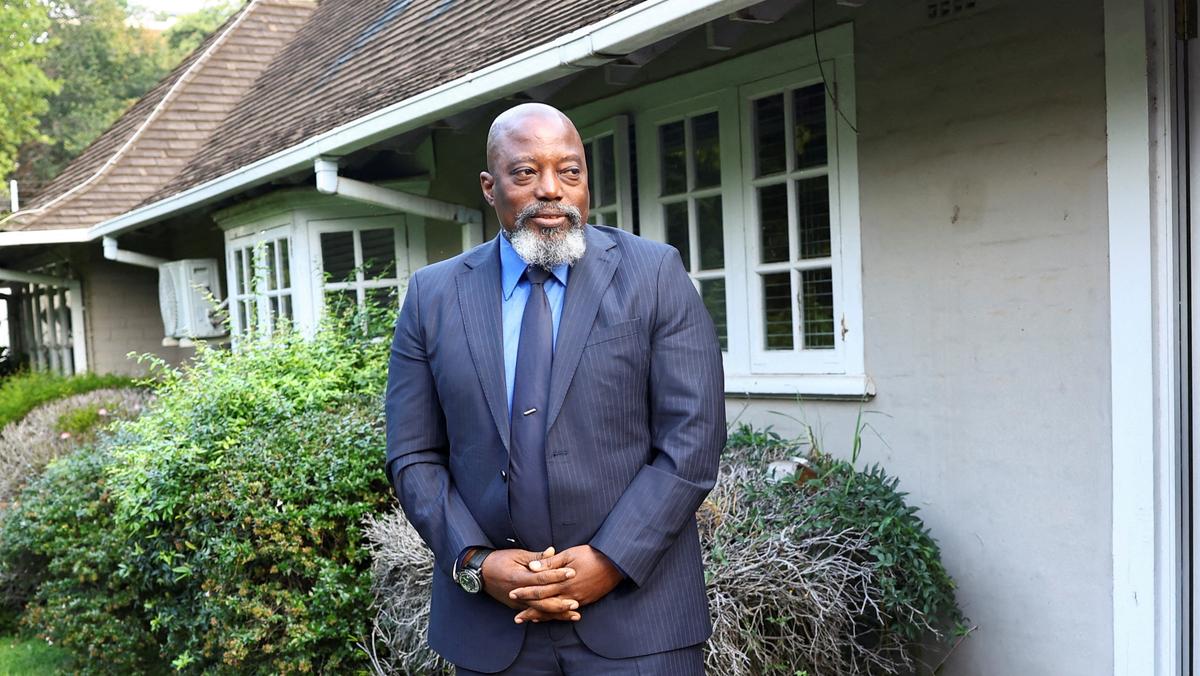
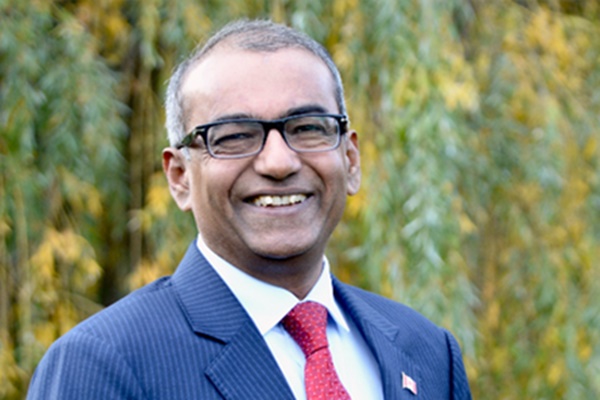

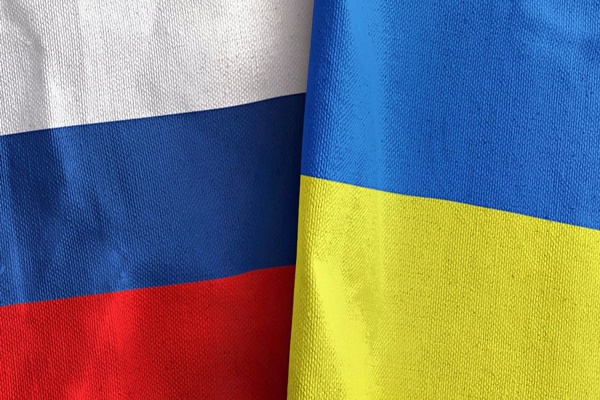
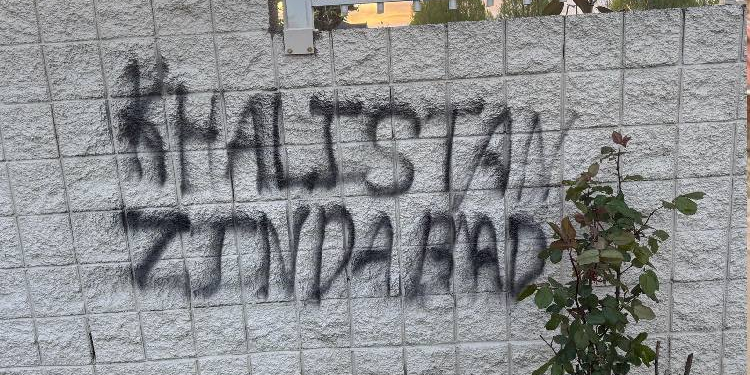
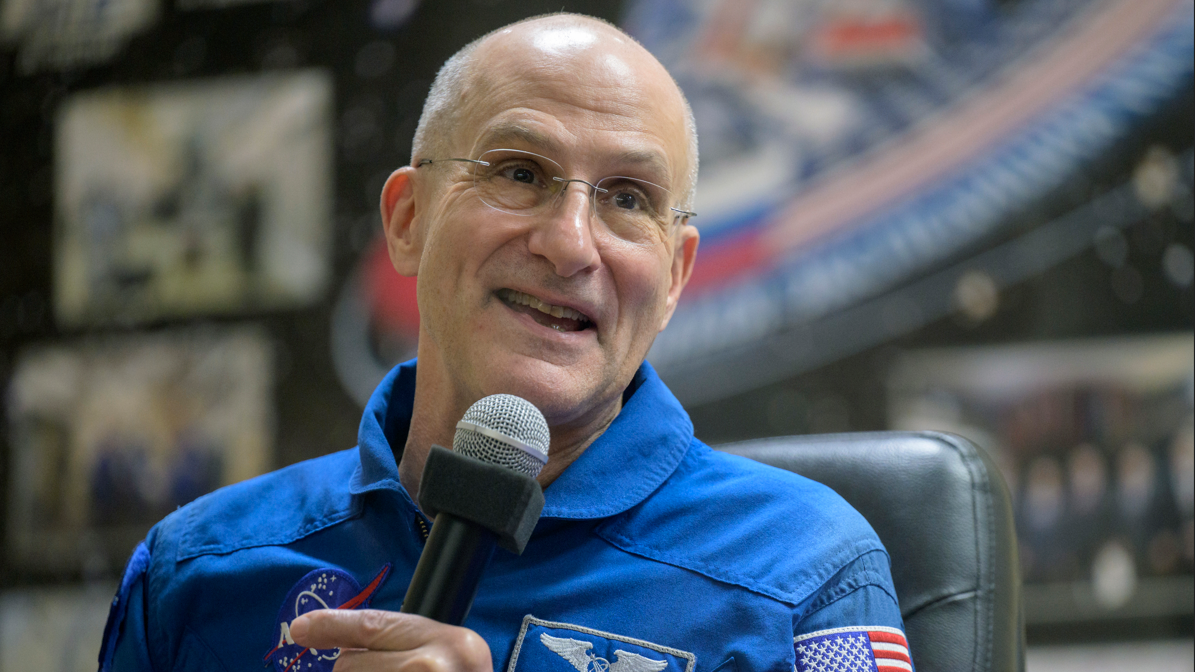
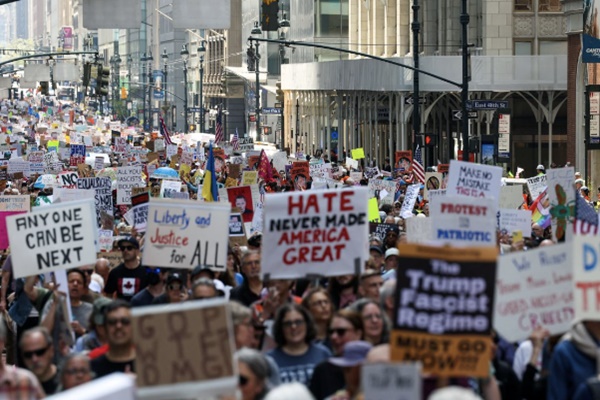


.jpg)
.jpg)
.jpg)
.jpg)
.jpg)
.jpg)
.jpg)
